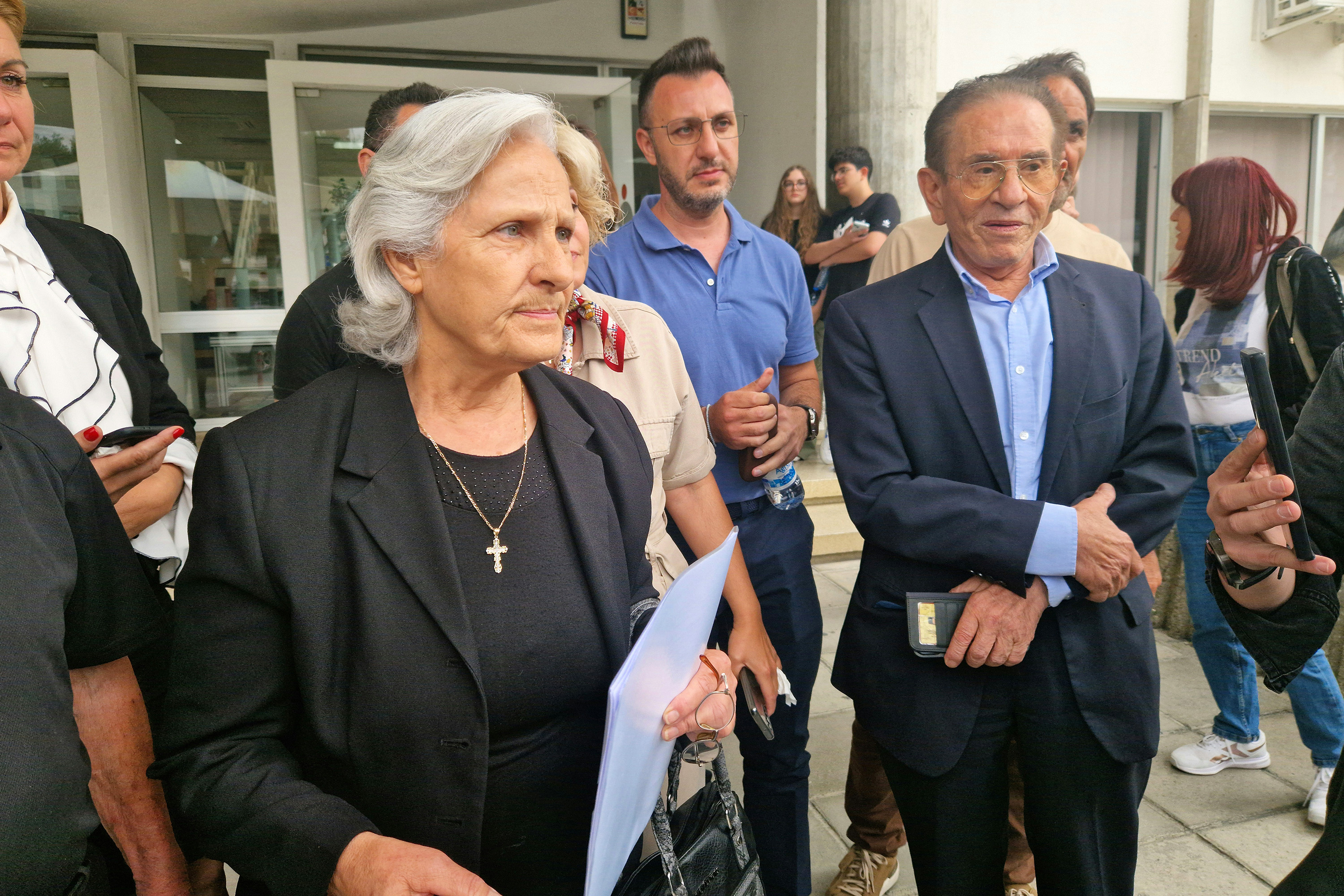Private criminal prosecutions against the seven people held responsible for the death of conscript Thanasis Nicolaou, who was killed in 2005, are to be filed within the next two weeks, the Nicolaou family’s lawyer Nicos Clerides said on Thursday.
Speaking to the Cyprus News Agency, he said the process of preparing the case is “nearing completion”.
“We are nearing the end of the preparation of the private criminal prosecutions, and in about two weeks, we will be ready to file them at the Limassol district court,” he said.
The seven people against whom cases are expected to be filed are the seven people named by lawyer Thanasis Athanasiou and retired Greek police lieutenant Lambros Pappas last year in a report they wrote into Nicolaou’s death and its aftermath upon the instructions of President Nikos Christodoulides.
Former state pathologist Panicos Stavrianos, two military officials, and four members of the police force were found responsible for covering up that Nicolaou had not committed suicide, as Stavrianos had initially ruled, but had instead been murdered.
Clerides said on Thursday that the “first stage” is for the Limassol district court to accept the filing of a case, and added that attorney-general George Savvides is entitled to suspend private criminal prosecutions should he see fit.
“If the attorney-general judges or believes that a case should be suspended, he will suspend it. From the moment the court gives us permission, we will proceed. If an objection is by the other side, for example by Stavrianos or by anyone else, the attorney-general will study the request and has the authority to suspend the case,” he said.
Asked about the possibility of the legal service refusing to allow a case to be filed, he said he does not “wish to prejudge any position the attorney-general may take” but stressed that he hopes “that he will at least allow this process to proceed”.
The legal service had last month announced that it intended to file no criminal charges with regard to the alleged coverup of Nicolaou’s death, stating in a letter to his family that Pappas and Athanasiou “did not reveal any new facts capable of overturning the legal reasoning of our decision” not to file charges beforehand.
“There is no trace of testimony about [Stavrianos’] knowledge of there having been a murder or [his] intention to cover for the perpetrators in order to provide them with the opportunity to escape punishment.”
Later, the legal service criticised the report’s conclusion.
It said that “the offences attributed to Stavrianos are based exclusively on the assumption that the cause of death is due to a criminal act and consequently, it is suggested that he committed perjury, issued a false death certificate, and committed other related offences, having given as an undisputed fact that on the one hand, there was a criminal act, and on the other that [Stavrianos] had knowledge of it”.
Therefore, it said, “we wonder how they came to the conclusion that all the evidence reveals a serious possibility” that Stavrianos committed crimes in the aftermath of Nicolaou’s death.
It also pointed out the fact that in February, the Supreme Court had found that prior to its ruling that Nicolaou had been strangled to death last year, the Limassol district court had made a “legal error” in not allowing Stavrianos to testify during the case.
The judge who made that ruling, Dora Varoshiotou, has since lost her job, with the supreme judicial council having decided to not offer her a permanent position within the judiciary following the conclusion of a two-year probationary period.
She was the only one of 11 judges under probation whose employment was discontinued, with seven being offered permanent appointments and three being given further probation.







Click here to change your cookie preferences